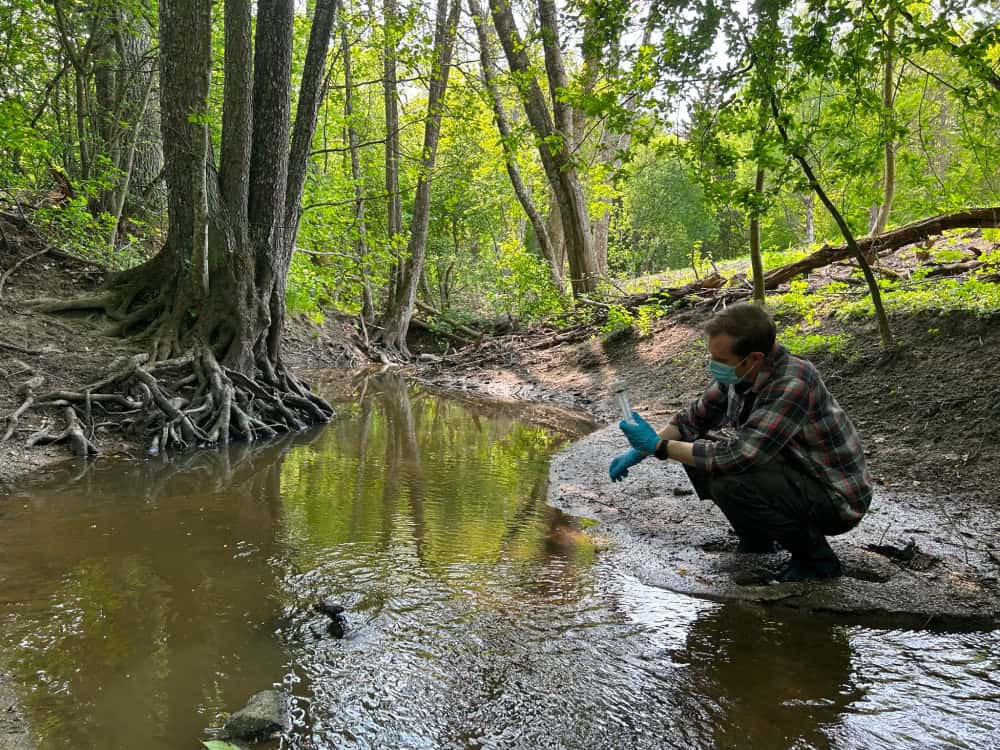This groundbreaking research project aims to develop and optimize methods for identifying polar bear individuals, sex, and genetic relationships through the analysis of environmental DNA (eDNA) from snow tracks. By utilizing snow samples collected in Alaska, the project enables non-invasive and highly precise DNA analysis, revolutionizing the monitoring of this iconic and threatened Arctic species.
During 2021 and 2022, new snow samples were collected from Arctic environments and analyzed at MIX Research laboratories in Sweden as well as at leading research laboratories in La Jolla, USA. Preliminary results have been highly promising, confirming that eDNA from snow tracks is a powerful method for identifying individual polar bears and their genetic relationships without disturbing them in their natural habitat.
This ongoing project is conducted in close collaboration with the WWF Arctic Program in Sweden, WWF-US Arctic Program in Alaska, and their partners, ensuring a scientifically validated and internationally recognized methodology for improving polar bear population monitoring in a rapidly changing Arctic environment. By combining cutting-edge eDNA technology with advanced genetic analysis, the research contributes to more effective conservation of polar bears and their habitats, strengthening the scientific basis for future conservation initiatives and climate strategies.






